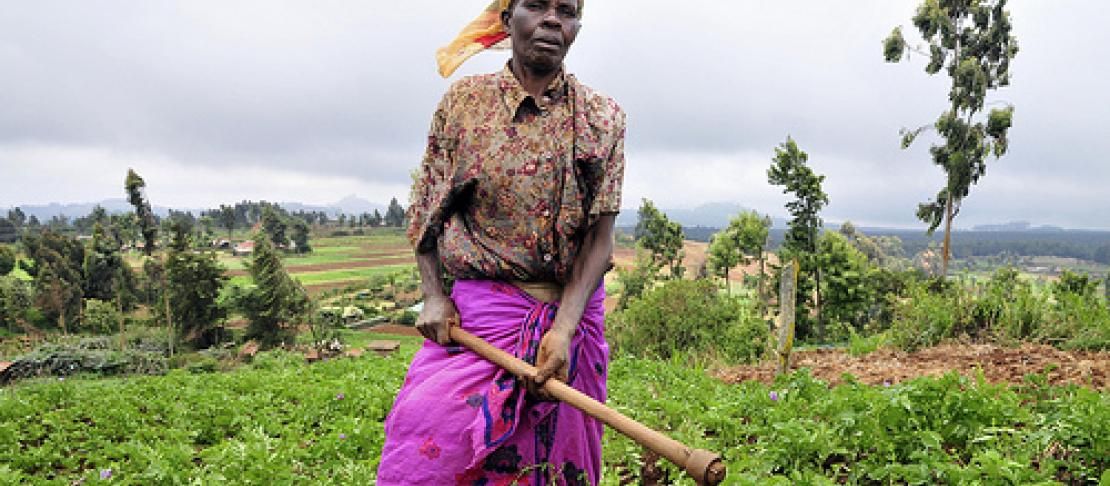Bringing gender into climate change adaptation

Poor women and men in the Least Developed Countries (LDC) will most likely be differently vulnerable to climate change impacts, finds a study on gender and vulnerability to climate change in South Africa (PDF). This is because of existing inequalities between men and women, referring to their different positions and roles in society. It is also believed that access to financial and natural resources, could also potentially affect women and men's ability to respond to the effects of climate change. But despite the recognition that there are gender differences in how climate change affects and impacts lives, the UNDP has found that most climate funds for developing countries are not likely to reach or improve the lives of poor, rural women (80 percent of African farmers are women).
There is limited understanding of how men and women adapt to climate variability. There is also a lack of research regarding how men and women adjust their means of maintaining food security in agricultural systems. The lack of vulnerability and adaptation studies with a gender perspective was recently flagged as an important issue at last month's UNFCCC Climate Change Conference in Bonn.
CCAFS and building knowledge on gender and climate change
The CGIAR Research Program on Climate Change, Agriculture and Food Security (CCAFS) is addressing gender dimensions in its current work. Several initiatives have been taken to put gender differences within the climate change adaptation and mitigation work on the agenda. For example, CCAFS has decided to create a new competitive small grants program established for gender-responsive research. The selection from our open call has now been made and CCAFS is proud to present several prominent female scientists who will conduct gender awareness research within climate change adaptation and mitigation. Click to learn about our award recipients and their research proposals. This effort is aimed to both demonstrate as well as contribute to understanding the linkages between climate change and gender more specifically, while developing policy-relevant findings on climate change, agriculture, and food security.
Working together on gender research
CCAFS sees gender-sensitivity as crucial to achieving climate smart agriculture. Due to the lack of research on women’s as well as men’s roles, needs and resources, CCAFS aims to mainstream gender issues into climate smart agriculture through capacity building and research so that women can participate and benefit to the same extent as men. As a first step, CCAFS together with FAO, aim to develop a capacity building tools and methods. CCAFS and FAO will jointly develop a training manual on mainstreaming gender issues into participatory action research on climate change and agriculture. CCAFS partner organizations will make sure their staff is trained on these issues and then subsequently test out the knowledge gained in the training session by carrying out short participatory action research studies in their home countries. FAO and CCAFS plan to share some of their initial insights gained from this collaboration at the UNFCCC Climate Change Conference in Durban, South Africa (COP 17) in early December, 2011.



